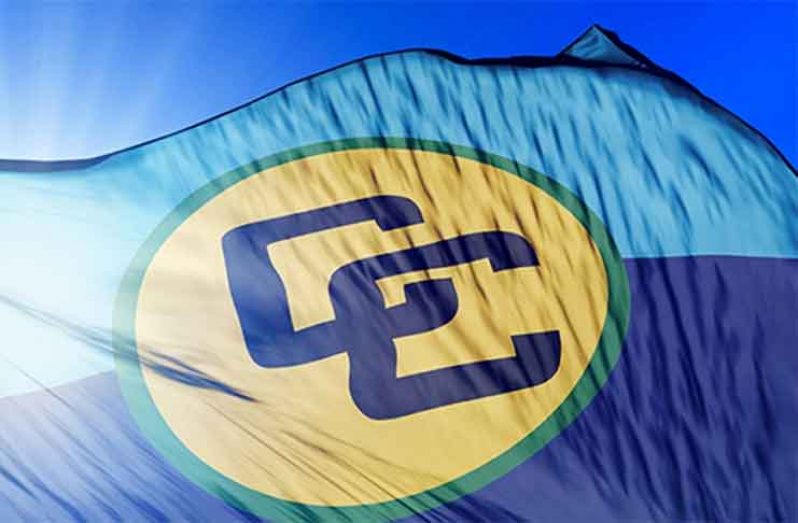HEADS of Government of the Caribbean Community (CARICOM) are throwing their support behind Guyana as the country prepares to go to the International Court of Justice for a hearing of their case involving the resolution to the controversy between Guyana and Venezuela.
This was disclosed at the thirty first Inter-sessional meeting of the CARICOM Heads of Government which took place in Barbados from February 18-19, 2020. The hearing is scheduled for the week of March 23, 2020, at which Guyana will submit its oral pleadings as to why the court was properly vested with jurisdiction by the United Nations Secretary General for a final resolution to the controversy between Guyana and Venezuela.
The Heads of Government further reiterated their full support for the judicial process that is intended to bring a peaceful and definitive end to the long-standing controversy between the two countries.
The Heads of Government further committed their firm and unswerving support for the maintenance and preservation of the sovereignty and territorial integrity of Guyana.
Guyana will, at that time, submit its oral pleadings as to why the court was properly vested with jurisdiction by the United Nations Secretary-General. It will be for the court to determine its own jurisdiction in accordance with established principles of international law.
Pursuant to the decision of the United Nations Secretary-General, undertaken in accordance with his authority under the Geneva Agreement of February 17, 1966, the matter is now before the court for a final and binding resolution.
Venezuela has so far taken the position that the court has no jurisdiction and that it will not participate in the proceedings. On November 29, 2019, it sent the court a Memorandum and issued a public Communique in support of its argument that the court has no jurisdiction.
Guyana rejected them both and maintains the position that it is for the court itself to determine whether it has jurisdiction and that neither party can unilaterally determine this question.
Guyana explained in its Memorandum on Jurisdiction, which it submitted to the court on November 19, 2018, that the boundary was established by the Arbitral Tribunal acting pursuant to a treaty concluded by Venezuela and Great Britain in 1897.
Venezuela celebrated the unanimous Arbitral Award, which was rendered by five eminent jurists; participated in a Joint Commission to demarcate the boundary on the ground; and insisted on the award’s strict implementation. Only decades later did Venezuela, in anticipation of Guyana’s independence, ceased recognising the award’s validity and binding nature.
To ensure a final resolution to the controversy through peaceful means, the Governments of British Guiana, Venezuela and the United Kingdom, concluded the Geneva Agreement, Article IV of which authorises the Secretary-General of the United Nations to decide which of the means listed in Article 33 of the United Nations Charter – which includes binding adjudication by the International Court of Justice – shall be used to resolve the controversy. In agreeing to Article IV, Venezuela consented to the court’s jurisdiction in the event that the Secretary-General decided that the controversy should be resolved by the court.
On 30 January 2018, United Nations Secretary-General, António Guterres, acting under the authority bestowed on him by the Geneva Agreement, chose adjudication by the court as the means for resolving the controversy with finality.
Guyana commenced proceedings before the court on March 29, 2018 in accordance with the Secretary-General’s decision. Guyana has no doubt that the court has jurisdiction.





.jpg)








